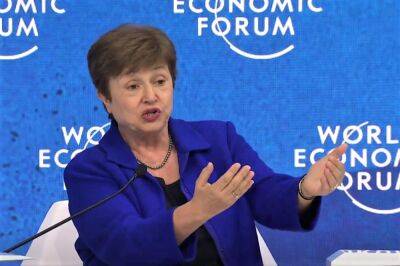The Bank of England fears worker power, but most are taking a real-terms pay cut
Goldman Sachs has bowed to demands for a less stressful workplace by offering a “flexible vacation” scheme that allows senior bankers to take a holiday whenever they feel like a break.
Generosity further down the investment bank’s global chain of command is more limited: it has told traders and admin staff – who are notorious for taking breaks lasting just a day – that they should disappear for at least one solid week out of the minimum of 15 days.
The stark inequality aside, Goldman’s warm hug for 43,000 global employees, 6,000 of them in the UK, is supposed to be a sign that the pandemic has forced employers into a major rethink of how to attract and retain staff – with better pay and benefits and a willingness to take on board their concerns.
At rival banks, and at large consultancies, accountancy firms and legal businesses, there is a similar story of more flexible working becoming the norm for most, if not all, staff. Most are aping what is on offer in the tech sector.
But policymakers, be they in the Treasury, the Bank of England or No 10, appear to be listening in horror to these stories, which they interpret as a sign of growing worker power.
For instance, the Bank of England is expected to jack up interest rates, mostly to head off a threatened wage/price spiral that relies on its feeling that workers, like poker players who have spent decades at the tables without success, are finally hitting the jackpot. It’s a short leap from flexible benefits to double-digit pay awards, according to some inside Threadneedle Street.
But while some employers are considering more flexible working, surveys show that this is being applied only to working from home – a change that may prove popular in many boardrooms as a permanent
Read more on theguardian.com














